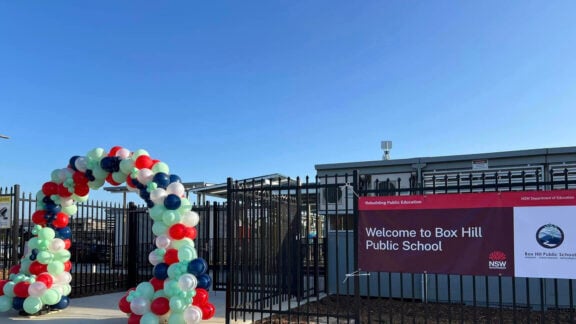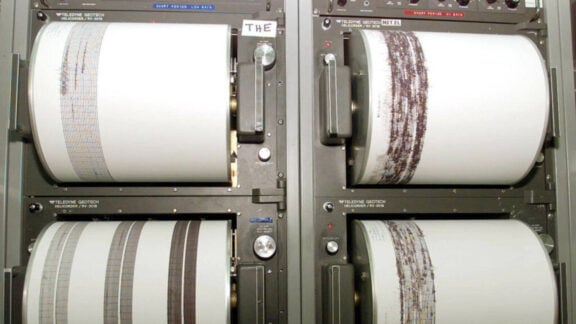Nick Panagiotopoulos, a father of three girls, might still be alive if his calls, as well as those of his children and neighbours to the Emergency Services, had been answered without delays from the Victorian Emergency Services Telecommunications Authority (ESTA), as reported in the County Court of Victoria.
The investigation into the death of the Greek Australian will commence on December 11. This inquiry aims to examine the handling of calls to the emergency number 000 on the day of his death.
It will consider potential improvements to the system to prevent future tragedies, according to a report in The Herald Sun.
It was Saturday, October 16, at 12.34pm when Nick Panagiotopoulos picked up the phone to call an ambulance.
He began to experience chest pressure, pain, and dizziness. He was at home with his two younger daughters, aged 9 and 11, and had already instructed his wife to return home with their eldest daughter.
However, crucial minutes passed without anyone answering the phone.
One of his daughters ran to seek help from their neighbours, who also desperately tried to call for assistance without success.
By the eight-minute mark, Nick began to lose consciousness. His wife, Belinda, rushed home and performed CPR on her husband.
The family waited for 16 minutes and five seconds until medical assistance was finally dispatched at 12.51pm, as stated in court. When the paramedics arrived at 12.55pm, Nick had stopped breathing and had no pulse.
Paramedics determined that he was in cardiac arrest and attempted to restart his heart through intubation and the use of adrenaline.
At 1.40pm, Mr Panagiotopoulos passed away in front of his family and neighbours.
Associate Professor of Cardiology, Nicholas Cox, stated in court that “if paramedics had been present before Nick’s cardiac arrest, his chances of survival would have been good.”
“If paramedics had witnessed Nick’s cardiac arrest, they could have immediately started CPR, then assessed and performed defibrillation within 1-2 minutes of cardiac arrest. The likelihood of successful defibrillation in this case would have been high,” the report states.
In 2021, during the peak of the pandemic, a review of the performance of Victoria’s emergency call response identified unprecedented delays in ambulance response times.
Thirty-three individuals lost their lives due to emergency incidents related to delays in the emergency response number or prolonged ambulance wait times and system failures.
In April 2021, a 32-year-old woman from Caulfield was found dead in her home more than six hours after her ambulance call.








